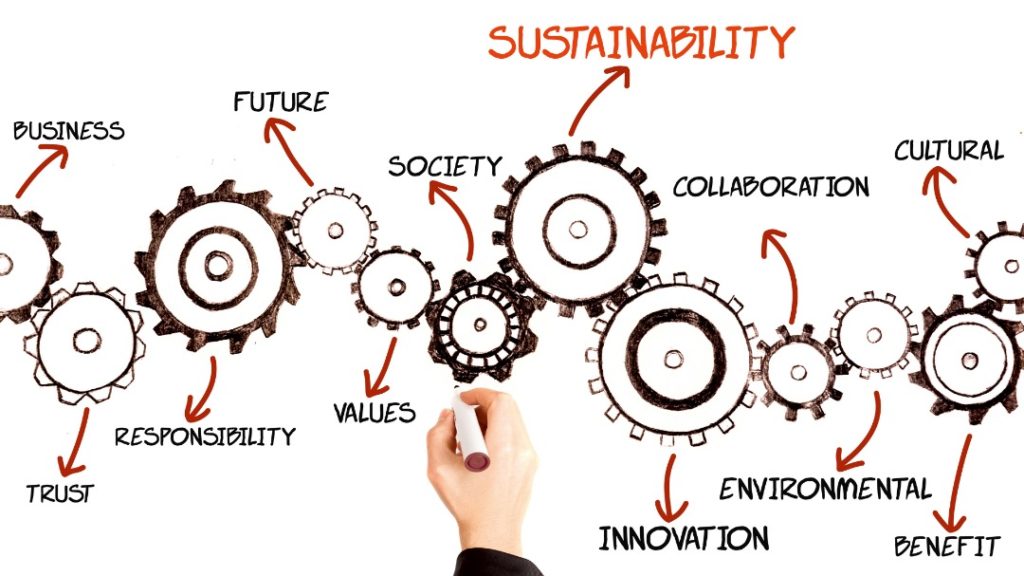
By Yuet Mee Ho-Nambiar
The idea that companies should be guided by social purpose and serve a broader range of interests beyond maximising shareholder returns is gaining traction across the corporate world.
With greater understanding of the ecosystem businesses operate in and their inherent linkages of interconnectedness and interdependencies with other stakeholders, there is increasing expectation that businesses also have a corporate duty of beneficence to non-shareholders and should be held to account for the moral – and not just legal – consequences of their activities.
There is an increasing realisation that economics grounded in a presumption of individuals or groups gaining advantage over others lead to anything but grossly unequal conditions multiplying on every side. Even if businesses win by disadvantaging others, the apparent benefits are usually temporary. Collaboration is being understood to be an underutilised powerful driver of business.
However, many businesses in Malaysia have yet to reset their intuition formed when the world was much less demanding of them. Businesses have long upheld the orthodox shareholder theory which holds that a firm’s main responsibility is to its shareholders and is the only group to which the firm is socially responsible. As a result, their goal is traditionally to maximize returns to their shareholders, and the shareholders could decide for themselves what social initiatives to take part in, rather than have businesses decide such matters for them.
The reality today is this – businesses face unprecedented pressures from social and environmental challenges, technical innovations, and business model innovations. To remain relevant, businesses not only have to care beyond shareholders, they also need to learn new methods and create new products to win with clients and engage with people whose values alter and expectations rise rapidly. And in this era of ubiquitous communication technology, if companies are not altruistic on their own, other stakeholders will demand altruistic behaviours by the businesses. Missteps and misalignment by businesses are quickly and publicly hold to account.
The commercial case for business responsibility to stakeholders beyond just shareholders is increasingly clear. Mental models of business owners – formed by values and underlying assumptions which influence habits of thoughts and the way they act – need to change.
The mental model of leadership that is needed in today’s context is one which emphasizes on aligning commercial success with thinking, values and practices concerned with broader societal concerns. It should also not be one that defaults intuitively to false dichotomies, thinking in terms of, and choosing from, often two alternative options, while in fact a number of additional options are available.
One example is the choice between commercial success and positive outcomes for society and the environment. Another is balancing short term returns and long-term value. Working on both levers are not only necessary and important but possible as while one focuses on meeting immediate needs of stakeholders, working with a long-term perspective ensures sustainable commercial success of the business as it addresses societal concerns. With the right attitudes and skillsets, there are opportunities to be seized.
Delivering the future we want will require businesses to cultivate leadership at all levels and to embrace diverse and complementary strengths and approaches. Leadership development and HR teams play an important role in recruiting, training, and rewarding individuals to succeed in this context.
Employees at all levels need to be equipped with the skills to not only nurture innovation and manage risk, but to transform the economic systems within which they operate, and to deliver on broader societal goals.
–WE